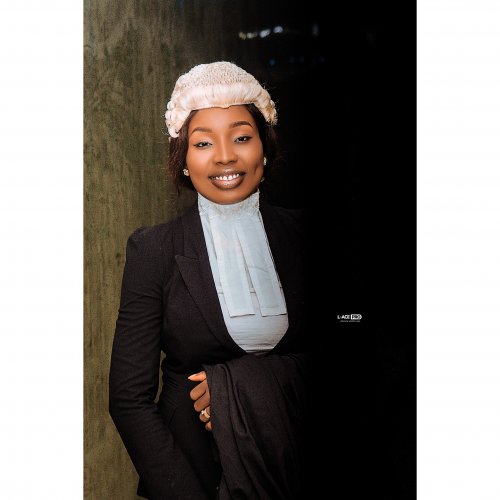Best Government Contract Lawyers in Awka
Share your needs with us, get contacted by law firms.
Free. Takes 2 min.
List of the best lawyers in Awka, Nigeria
About Government Contract Law in Awka, Nigeria
Government contracting in Awka, Nigeria, involves the procurement of goods, works, or services by the government from a private supplier. It is governed by National procurement laws, primarily the Public Procurement Act 2007. The Act aims to promote transparency, competitiveness, and probity in procurement processes. Whenever possible, government contracts are awarded via competitive bidding.
Why You May Need a Lawyer
A lawyer is often necessary in government contracting for various reasons. Navigating through the complex contract bid submission and contract negotiation processes, interpreting contract terms, ensuring compliance with the public procurement law, or resolving disputes that may arise during contract execution requires legal expertise. If you're a supplier or contractor bidding for a contract, or you're having issues with a current contract, a lawyer can provide valuable assistance.
Local Laws Overview
The primary law governing Government contracts in Awka, as with the rest of Nigeria, is the Public Procurement Act 2007. The Act establishes procedures for procurement of goods and services by Federal Government bodies, including competitive bidding, direct procurement, emergency procurement, and limited international competitive bidding. Government contracts are typically bound by predetermined contract terms and defaults could attract fiscal punishment, contract termination, or blacklisting.
Frequently Asked Questions
1. How does the competitive bidding process work?
Competitive bidding is the preferred method of procurement in Nigeria. The government will advertise its need for goods, services, or works. Interested and qualified contractors can then submit bids. These bids are evaluated, and the most suitable choice is selected.
2. Can foreign companies bid for Government contracts?
Yes, provided they meet specific legal requirements and are not on the list of debarred contractors, international competitive bidding is allowed.
3. What happens in the incident of a contract default?
Depending on the terms set out in the contract, default may result in penalties, imprisonment, or contract termination, among other remedies defined in the contract.
4. Can I challenge a Government contract decision?
Yes, any aggrieved bidder can lodge a complaint within the framework provided by the Public Procurement Act 2007.
5. Do I need to register my business to be eligible for Government contracts?
Yes, businesses must register with the Corporate Affairs Commission and often with specific procurement entities before they can bid on contracts.
Additional Resources
The following resources may be useful if you're seeking legal advice on government contracts in Awka, Nigeria:
- Business Law Section, Nigerian Bar Association: Provides resources and networking opportunities for lawyers in Nigeria.
- Public and Private Development Centre (PPDC): A nonprofit organization focussing on transparency and accountability in public and private sectors.
- Bureau of Public Procurement (BPP): The regulatory authority responsible for monitoring and oversight of public procurement in Nigeria.
Next Steps
If you need legal assistance with a government contract issue in Awka, Nigeria, your first step could be to contact a lawyer. You should ensure your lawyer is familiar with the Public Procurement Act 2007 and has experience with government contracts. To find a lawyer, consider recommendations from colleagues, search databases of legal professionals, or use resources provided by the Nigerian Bar Association. Always engage your attorney as early as possible to ensure a smooth process.
Lawzana helps you find the best lawyers and law firms in Awka through a curated and pre-screened list of qualified legal professionals. Our platform offers rankings and detailed profiles of attorneys and law firms, allowing you to compare based on practice areas, including Government Contract, experience, and client feedback.
Each profile includes a description of the firm's areas of practice, client reviews, team members and partners, year of establishment, spoken languages, office locations, contact information, social media presence, and any published articles or resources. Most firms on our platform speak English and are experienced in both local and international legal matters.
Get a quote from top-rated law firms in Awka, Nigeria — quickly, securely, and without unnecessary hassle.
Disclaimer:
The information provided on this page is for general informational purposes only and does not constitute legal advice. While we strive to ensure the accuracy and relevance of the content, legal information may change over time, and interpretations of the law can vary. You should always consult with a qualified legal professional for advice specific to your situation.
We disclaim all liability for actions taken or not taken based on the content of this page. If you believe any information is incorrect or outdated, please contact us, and we will review and update it where appropriate.









